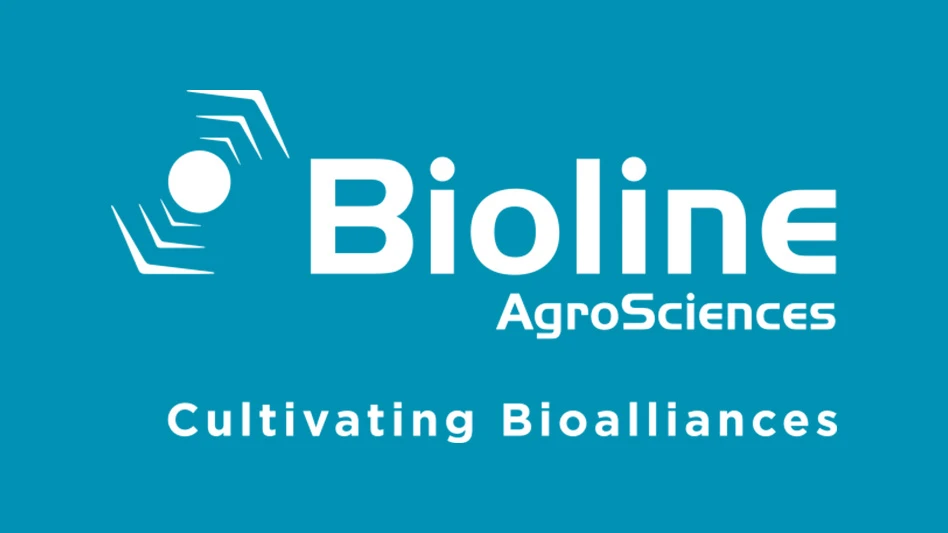 David Kuack David Kuack |
When the committees involved with the development of the National Sustainable Agriculture Standard met in San Francisco in April, there were four committee members missing. These committee members were representatives of the floriculture industry. Doug Cole of D.S. Cole Growers, Will Healy of Ball Horticultural Co., Mark Yelanich of Metrolina Greenhouse and Jim Barrett, professor of environmental horticulture at the University of Florida, resigned from their committees in February. Moving ahead Even with the departure of major grower organizations from the sustainable standard development process, an increasing number of ornamental plant producers are recognizing the value of a sustainable certification program. More growers are signing up to become VeriFlora or MPS certified. Cole, whose company was the first in North America to become MPS-ABC certified, said currently there is not much incentive for ornamental plant growers to become certified. He sees the benefits of certification in being able to compare his company’s use of energy, pesticides, fertilizers, etc. with other growers. The ongoing certification process enables him to improve efficiency and to save money. He also sees potential marketing opportunities as more retailers and consumers seek out products from sustainable suppliers. David Kuack
|

Explore the May 2011 Issue
Check out more from this issue and find your next story to read.
Latest from Greenhouse Management
- 2025 Proven Winners Horticulture Scholarship applications now open
- How to improve inventory and shipping management in the greenhouse
- Leading Women of Horticulture: Anna Ball, Ball Hort, and Terri McEnaney, Bailey Nurseries
- GM CEA HERB Part 2: A guide to increasing the sowing density of culinary herbs
- GM CEA HERB Part 1: Best practices for producing culinary herbs in controlled environments
- USDA fires experts on invasive pests, including Asian citrus psyllid, chilli thrips
- CEA Alliance celebrates bipartisan introduction of Supporting Innovation in Agriculture Act
- Dümmen Orange North America celebrating 25th anniversary in 2025








